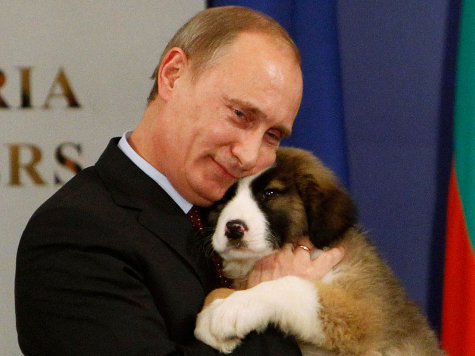The Quadrennial Defense Review (QDR) released last week–in the midst of the Ukraine crisis, and as Russian troops poured into the Crimea–calls for the U.S. to continue to “engage” Russia. The QDR, prepared by the Pentagon, is a comprehensive guide to U.S. military strategy and is used to coordinate procurement and policy across the entire administration. Its recommendations on Russia acknowledge growing threats, but call for new nuclear reductions, even beyond those undertaken in the New START treaty with Russia in late 2010.
The QDR states that the U.S. must be “willing to undertake security cooperation with Russia” even though “Russia’s multi-dimensional defense modernization and actions that violate the sovereignty of its neighbors present risks.” It calls for effective missile defense that “preserves strategic stability with Russia and China,” and yet calls for “further negotiated reductions with Russia” in nuclear weapons. It recommends engaging Russia to achieve a “peaceful and prosperous” Europe, and coordinating with Russia in dealing with North Korea.
There is very little in the QDR that acknowledges the threat that Russia poses to NATO allies, or that prepares conventional U.S. forces to deter Russian invasions of neighboring states, such as occurred in Georgia in 2008. The 2010 QDR contained similar language on Russia, noting: “The United States and Russia share many interests–including countering proliferation and confronting terrorism.” It called for the U.S. to “engage with Russia’s neighbors as fully independent and sovereign states” but did not anticipate specific Russian threats.

COMMENTS
Please let us know if you're having issues with commenting.